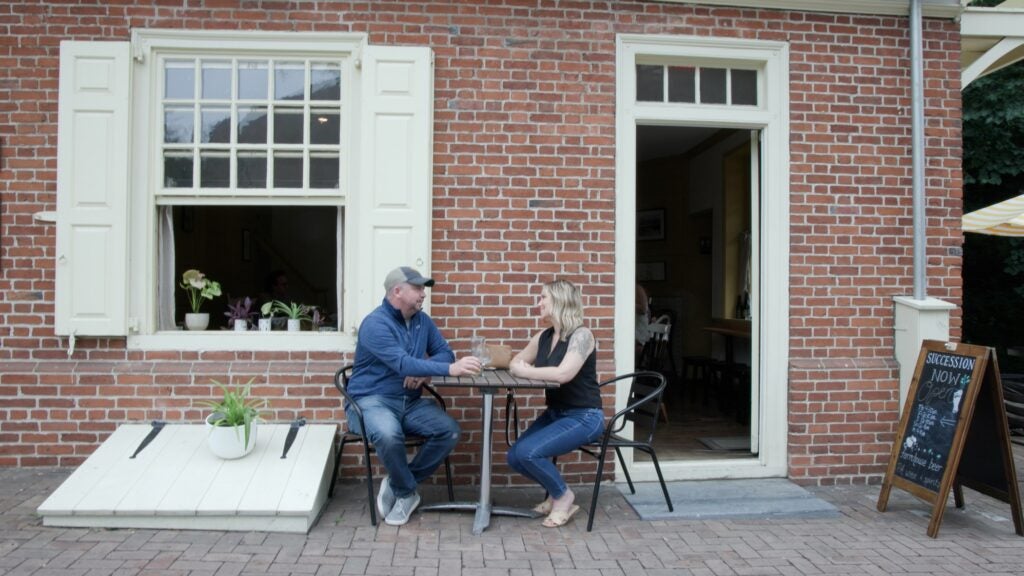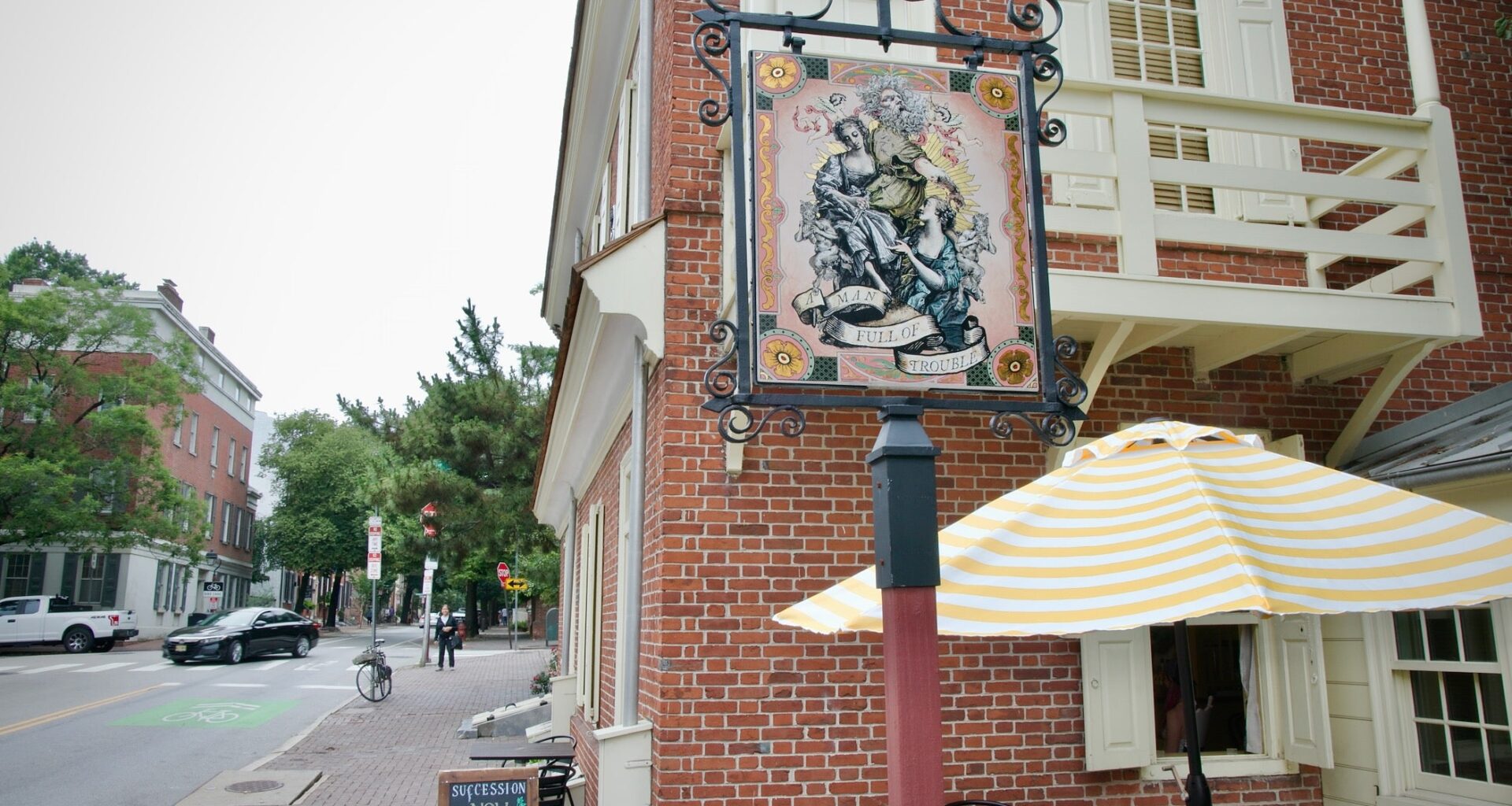As America celebrates the 250th anniversary of the Declaration of Independence in 2026, it is worth remembering that Thomas Jefferson composed the famous document with notations directing how it should be dramatically read out loud in public spaces, like taverns.
Also keep in mind that the declaration was originally written by the hand of a brewer. Timothy Matlack sold bottled beer on 4th Street near Market — which Matlack advertised as “remarkably pale, and very good” — and was gifted with penmanship. He laid out and scripted the Declaration on parchment that would be signed by 56 people.
In his book “Colonial Taverns of New Jersey” (2023), author Michael Gabriele wrote that villages were required by law to have a tavern, in order to maintain economic and social stability.
The trip from New York to Philadelphia could take up to three days, depending on weather. If the colonies wanted to foster trade between themselves, travelers needed places to stay. Gabrielle wrote that the Court of Middlesex County decided that “each town was obliged by law as early as 1668 to keep an ordinary or tavern for the relief and entertainment of strangers.”
Gabrielle also cites the Hastings Constitutional Law Quarterly, in which attorney Baylen J. Linnekin wrote that taverns offered the “perfect” elements for civic debate.
“Taverns were the only colonial space outside the home that permitted participants in all social classes the opportunity to decide whether, how, and to what extent they would participate and shape their interactions with other,” the article reads.
A Man Full of Trouble is located at what used to be a commercial wharf — the river’s edge has since moved eastward considerably — and was likely where working class dockworkers and lower class indentured servants likely drank. Immediately to the west were some of the wealthiest urban mansions of colonial Philadelphia.
Wheeler, who has assembled a gallery of artifacts on the second floor, said a wide range of social classes likely found their way into Trouble.
“I can show you a map upstairs of Philadelphia in 1776. Basically, we’re right in the center of it,” he said. “It only goes to about 7th Street. It’s a very small town. It’s probably the biggest colonial city, but it was pretty small. Everybody was packed in down here.”
A Man Full of Trouble is just five blocks away from Independence Hall, where the architecture of American democracy was hammered out by the Founding Fathers in sometimes deeply philosophical debates about republicanism and self-rule.
 Patrons of A Man Full of Trouble historic tavern, patrons enjoy beer ad company. (Emma Lee/WHYY)
Patrons of A Man Full of Trouble historic tavern, patrons enjoy beer ad company. (Emma Lee/WHYY)
While those discussions may have been too erudite for banter at the local tavern, Putman said the popular spirit of American democracy was seeded in bars.
“If you’re George Washington, you know exactly what the greatest elements of equality are. You’ve got plenty of money. You’ve got property,” he said. “But if you’re drinking in a bar like this and you’re an enslaved person or an indentured servant or a sailor, you have a really personal sense of inequality. That gives you a much better idea of the possibility of change and why you might be enthusiastic about it.”
